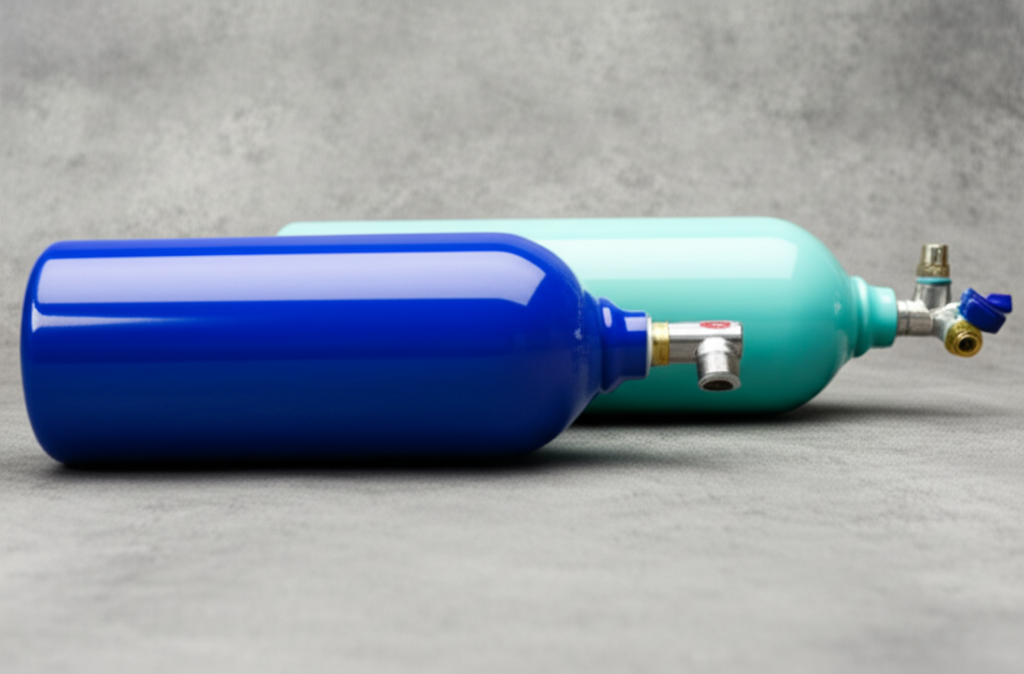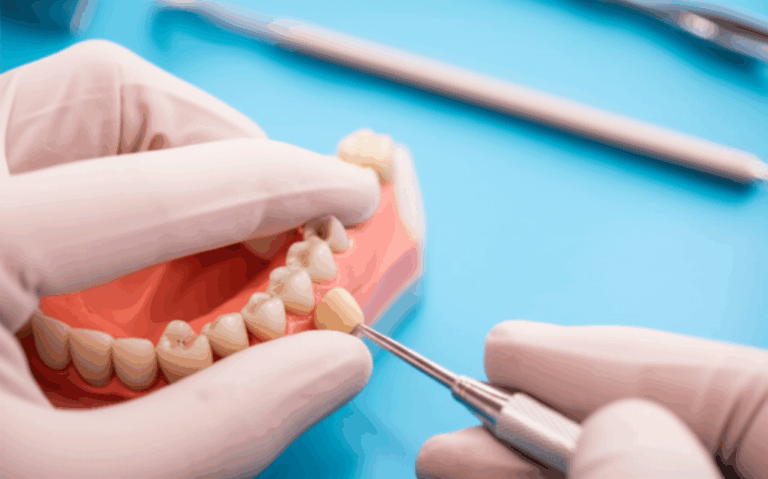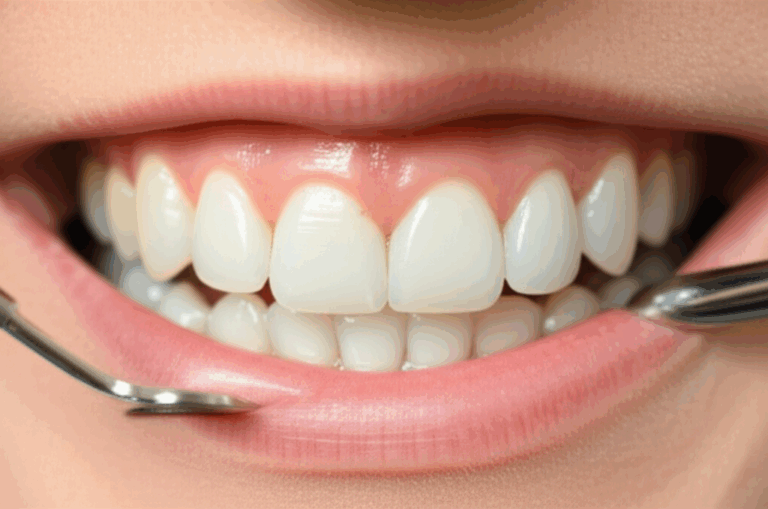
Is Car Nitrous the Same as Dentist Nitrous? Unpacking Key Differences and Similarities
Have you ever heard people talk about “laughing gas” at the dentist, or seen a movie where a car gets a sudden speed boost from a shot of “NOS”? Maybe you wonder: is car nitrous the same as the gas dentists use to calm their patients? Both use nitrous oxide as the main stuff, but how different—or the same—are they really? Let’s break it down in simple words, so you know what’s safe for you (and your car).
In This Article
- What Is Nitrous Oxide? (The Shared Science)
- How Car Nitrous Works (and Why Car Engines Like It)
- How Dentist Nitrous Works (and Why It’s Not For Racing)
- Key Differences at a Glance
- The Real Dangers of Mixing Them Up (and Why You Shouldn’t)
- Who Should Use Dentist Nitrous, and When?
- Your Healthy Takeaway: Staying Safe, Informed, and Empowered
What Is Nitrous Oxide? (The Shared Science)
Let’s start with the basics. “Nitrous oxide”—also called N2O, “laughing gas,” or “NOS”—is a colorless, non-burning gas with a light sweet smell. Chemically, it’s just three atoms: two nitrogen and one oxygen. You’ll find it in dental offices, car shops, and sometimes in other businesses or big factories. So, does this mean it’s always the same thing?
Not really. Just like there are different kinds of chocolate (the bar you eat, the stuff for baking, or the cocoa oil used in factories), nitrous oxide also has different types and uses.
What Does Nitrous Oxide Actually Do?
- In engines: It’s an oxidizer. It helps cars “breathe” better, so they can burn fuel better and go faster.
- In people: It’s a central nervous system depressant. This means it chills you out, takes away pain, and can make you giggle or feel happy (that’s the “laughing gas” part).
But just because it’s called the same, doesn’t mean you can swap the nitrous from one world into another. It could be risky or even deadly.
How Car Nitrous Works (and Why Car Engines Like It)
Ever seen a race car shoot ahead when a button gets pressed? That’s nitrous oxide helping out. Here’s how it works.
The Engine’s “Secret Ingredient”
- Purpose: Put nitrous into a car’s engine, and it turns into more oxygen when heated up.
- More Oxygen = More Power: With extra oxygen, your car can burn more fuel and get a lot more power. It helps the car go super fast for a short while.
- Added Bonus: Nitrous cools the air when it turns into gas, making the air thicker and better for burning.
What’s Inside That Cylinder?
Car nitrous isn’t the cleanest out there. It’s called industrial grade N2O or “racing grade”. Makers don’t clean it like the stuff for people, since it only goes into engines.
- Purity: May have tiny bits of oil or chemicals not safe for people.
- No Oxygen Added: It’s almost pure nitrous oxide. Cars don’t need the careful air mix people do.
How Is It Used Safely?
- Stored under Pressure: Normally in blue tanks. Handle it right so it doesn’t blow up, leak, or freeze your skin.
- Controlled Release: Goes through little tubes and valves so it doesn’t all come out at once.
- Tuning is Key: Too much nitrous, or using it wrong, can wreck the engine—or make accidents much worse.
Legal Stuff
You can’t always use car nitrous on regular roads—it might even break the law. Racetracks usually have rules if you want to use it.
How Dentist Nitrous Works (and Why It’s Not For Racing)
Let’s head to the dentist’s office. Nervous about that tooth filling? Your dentist gives you “laughing gas,” and you feel calm in minutes.
Why Do Dentists Use Nitrous Oxide?
- Purpose: Nitrous oxide is used for mild sedation—it helps you relax but doesn’t put you to sleep.
- How It Works: It slows you down a bit, makes pain lighter, and helps you feel calm. Some people get the giggles.
- Fast On, Fast Off: It works quickly and fades just as fast, so you can drive home after most simple dental procedures.
The Medical Grade Difference
- Purity: Medical nitrous is cleaned very well. The tanks are checked to make sure no bad stuff is in there.
- Balanced with Oxygen: Dentists never use pure nitrous oxide. It’s always mixed with oxygen—usually about 30-50% nitrous oxide, the rest is oxygen—so you get enough air.
- Controlled Delivery: Given through a special mask on your nose. The machine sets just the right amount, and your dentist keeps an eye on how you’re doing.
Is It Safe?
Yes, if used by a dentist who knows what they’re doing. Nitrous oxide is very safe for most people in the dentist’s chair. Sometimes, you might get dizzy or queasy, or if the air mix isn’t right, you might not get enough oxygen. Dentists know how to prevent these problems.
Important: Medical nitrous won’t make you addicted or knock you out. You’re awake and can always answer questions.
Key Differences at a Glance
Let’s make this super simple with a quick table:
| Car Nitrous (NOS) | Dentist Nitrous (Laughing Gas) | |
|---|---|---|
| Purpose | Engine power up | Patient comfort—pain/anxiety relief |
| Who It’s For | Cars and engines | People needing dental work |
| Purity/Grade | Industrial or car use; can have other stuff in | Medical grade; cleaned and checked a lot |
| Oxygen Mix | Almost all nitrous oxide | Always mixed with at least 30% oxygen |
| Use | Directly into engine with special kit | Nose mask; dentist controls the amount |
| Rules | Car safety, race rules, street rules differ | Medical safety rules and checks |
| Health Risks | Very dangerous for people—can poison or kill | Safe with dentist; rare side effects possible |
| What It Does | Gives more horsepower and speed | Lowers pain and stress for dental work |
The Real Dangers of Mixing Them Up (and Why You Shouldn’t)
So, can you use one for the other? Could you take dentist gas to your car, or breathe car nitrous to chill out at home? Do not try it. Here’s why:
Breathing Car Nitrous: Why It’s So Dangerous
- Dirty Stuff: Car N2O might have grease or chemicals that can seriously harm or kill you.
- No Oxygen: Your body needs oxygen. Breathing only car nitrous, without enough oxygen, can make you pass out or even stop breathing super fast.
- No Control: Cars blast it in, but people need it slowly and exactly right.
- Illegal: It’s against the law in a lot of places to sniff or use car or factory nitrous for fun.
Running a Car on Dentist Gas: Don’t Do It
- Expensive: Medical N2O costs a lot more and your car doesn’t need it.
- Oxygen Mix Hurts Engines: The extra oxygen in dentist gas can mess up how your engine runs or even hurt the car.
Nitrous Oxide Abuse: It’s Not a Game
Some people breathe in nitrous for the quick “high.” It’s really risky. Bad things can happen, like:
- Not Enough Oxygen (Hypoxia): Just a few minutes with low oxygen can damage your brain forever.
- Vitamin B12 Problems: Using nitrous for too long can mess up your nerves, make you weak, or cause memory problems.
- Frostbite: Since nitrous is so cold when it comes out, it can freeze your lips, mouth, or throat.
Bottom Line: Nitrous is only safe in the right place, with the right people. Don’t mess around with it.
Who Should Use Dentist Nitrous, and When?
Dentist nitrous oxide can be great, but not everyone should use it or needs it. Here’s how to know.
Good Candidates
You might want it if you:
- Feel scared or nervous about going to the dentist.
- Gag really easily.
- Need a small dental job done, like a filling or cleaning.
- Want to feel normal right after—so you don’t need a ride home.
- Are a child or have special needs and worry about dental visits.
Who Shouldn’t Use It?
Some people need to skip nitrous. Don’t use it if you:
- Are pregnant (especially early in pregnancy).
- Have lung troubles like COPD.
- Can’t breathe out of your nose.
- Have vitamin B12 problems, or certain rare body problems.
Still unsure? Ask your dentist what’s best for you and be honest about your health.
Tip: Many trusted china dental labs and digital dental labs work with dentists to make fake teeth and other fixes comfortable—with or without gas.
Your Options Explained: If You’re Nervous About Dental Visits
If you’re worried about seeing the dentist, nitrous is just one way to make things easier. Here’s what you can do:
Try This at Home
- Breathe Deep, Take Your Time: Slow, deep breaths help calm your mind.
- Distract Yourself: Bring music, listen to a podcast, or ask for a hand squeeze when you want a break.
- Tell Your Dentist: Let your dentist know you’re nervous. They have seen and heard it all!
At the Dentist
- Nitrous Oxide Gas: Fast, gentle, and you walk out feeling fine.
- Oral Sedation: A pill before the appointment, if you need more calm.
- IV Sedation/Full Sleep: For bigger jobs—someone has to drive you home.
Your dentist will walk you through the choices to keep you relaxed. Modern dentists want you to feel as little pain and fear as possible! Check out their personalized restorations if you want to know more.
Key Takeaways: Your Healthy, Confident Smile
Here’s your easy summary:
- Car nitrous and dental nitrous aren’t the same. They go through different cleaning, rules, and safety checks.
- Car nitrous makes cars go faster, but could kill you if you breathe it.
- Dentist nitrous is super clean, mixed with oxygen, and safe in the dentist’s chair.
- Never mix or swap them. It’s very risky.
- If you’re scared of the dentist, talk about nitrous or other safe ways to make the visit easier!
Empower Yourself: What To Do Next
- Nervous about the dentist? Ask about nitrous oxide. It’s safe and common.
- Want to learn about new dental fixes? Ask about dental ceramics labs or how fake teeth are made.
- Never breathe from a car or factory nitrous tank. It’s illegal and can be deadly.
Frequently Asked Questions
Is it safe to use car nitrous at home for fun?
Nope. It’s not safe, it’s often illegal, and it could seriously hurt or kill you.
Can a car run on dentist “laughing gas”?
Technically, maybe. But it’s a waste of money and might even make the car run worse because of the oxygen mix.
Do all dentists use nitrous oxide?
Not all, but many do. Your dentist will talk with you about the best way for you to relax.
Final Word
Don’t let what you hear online put you or your car in danger. Nitrous oxide is great when used the right way and by the right people. Let your dentist help with your nerves, and your car mechanic help with your engine.
Now you know the truth—so you can go to your next dentist visit or car meet with real confidence.
Disclaimer: This article is for learning only. Always ask your dentist or doctor about what’s safe for you.
If you want to know more about new teeth or how things work in dentistry, ask your dentist about the latest options from digital dental labs and other trusted places.








